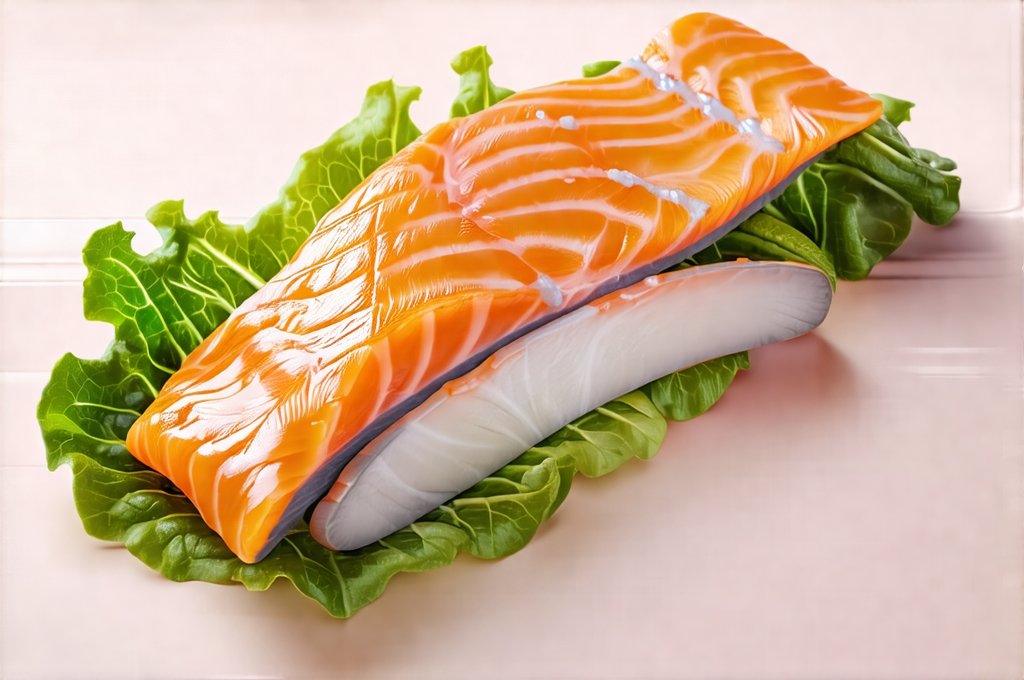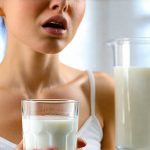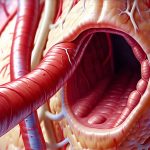Gastroesophageal reflux disease (GERD), often experienced as chronic heartburn, impacts millions worldwide. It’s a condition arising from stomach acid frequently flowing back into the esophagus, irritating its lining. While many factors contribute to GERD—lifestyle choices, anatomical variations, and even genetics—diet consistently ranks among the most influential. Consequently, dietary modifications are often the first line of defense in managing symptoms. In recent years, low-carbohydrate diets have surged in popularity, initially for weight loss but increasingly adopted as a general lifestyle approach. This raises a critical question: do these diets offer relief or potentially exacerbate GERD symptoms? The relationship is complex, far from straightforward, and requires careful examination of the physiological mechanisms at play.
The conventional dietary advice for GERD often centers around reducing fats, avoiding trigger foods like caffeine, chocolate, and alcohol, and eating smaller, more frequent meals. Low-carb diets fundamentally shift macronutrient ratios, drastically decreasing carbohydrate intake while typically increasing fat and protein consumption. This alteration can have a profound impact on digestive processes and the factors that contribute to reflux. Understanding how these dietary changes interact with GERD requires recognizing both the potential benefits of carb restriction and the possible drawbacks associated with increased fat intake and altered gut microbiome composition. It’s crucial to remember that individual responses to dietary interventions vary greatly, making a one-size-fits-all approach ineffective. Are you reacting to food or environment?
The Potential Benefits of Low-Carb Diets for GERD
Low-carbohydrate diets can offer several potential benefits in managing GERD symptoms, primarily through their influence on weight management and metabolic factors. Obesity is strongly linked to increased intra-abdominal pressure, which pushes stomach contents upwards into the esophagus, contributing to reflux. – Losing even a modest amount of weight can significantly reduce this pressure. Low-carb diets often lead to initial rapid weight loss due to reduced insulin levels and water shedding, followed by continued fat loss when adherence is maintained. This reduction in body mass directly addresses one key driver of GERD. Furthermore, carbohydrate restriction can improve insulin sensitivity. High insulin levels are associated with increased acid production in the stomach, potentially worsening reflux symptoms. By stabilizing blood sugar and lowering insulin, low-carb diets may help mitigate this effect.
Another potential benefit arises from the types of foods typically emphasized on a low-carb diet. Many individuals adopting these plans increase their intake of non-starchy vegetables—foods generally well-tolerated by those with GERD. These vegetables provide essential nutrients and fiber without significantly contributing to reflux triggers. Furthermore, reducing or eliminating refined carbohydrates and sugary drinks minimizes the rapid spikes in blood sugar that can exacerbate inflammation throughout the body, potentially including the esophagus. It’s important to note that this benefit is contingent on choosing whole, unprocessed low-carb options rather than substituting carbs with highly processed alternatives. Are popular diets bad for digestive health?
Finally, some individuals experience a reduction in bloating and gas on low-carb diets due to decreased consumption of fermentable carbohydrates (FODMAPs) found in certain fruits, vegetables, and grains. Bloating can increase abdominal pressure, mirroring the effects of obesity and contributing to reflux episodes. While not directly related to acid production, alleviating these digestive discomforts may improve overall GERD symptom management for some individuals. Are you mistaking hunger for reaction?
Understanding the Role of Dietary Fat
The increased fat intake characteristic of many low-carb diets is a point of contention when considering its impact on GERD. Historically, high-fat foods have been identified as reflux triggers because they delay gastric emptying—the rate at which food leaves the stomach. A slower emptying time means more food remains in the stomach for longer, increasing the likelihood of acid reflux. – However, this relationship isn’t always straightforward. The type of fat matters significantly. Saturated fats and trans fats are known to exacerbate GERD symptoms due to their impact on lower esophageal sphincter (LES) function, weakening it and allowing more acid to escape.
Conversely, healthier fats like monounsaturated and polyunsaturated fats (found in avocados, olive oil, nuts, and fatty fish) may have a less detrimental effect, or even be neutral. Some studies suggest that omega-3 fatty acids found in fish oil can actually reduce inflammation, potentially benefiting esophageal health. It’s also important to consider portion sizes; excessive amounts of any fat, even healthy fats, can contribute to delayed gastric emptying and reflux. The key is mindful consumption and prioritizing quality sources of fat. Are sugar detoxes helpful for gut health?
Gut Microbiome and Low-Carb Diets
The gut microbiome—the vast community of bacteria residing in our digestive tract—plays a surprisingly significant role in GERD. An imbalanced gut microbiome (dysbiosis) can contribute to inflammation, altered motility, and impaired LES function, all factors that worsen reflux symptoms. – Low-carb diets can significantly alter the composition of the gut microbiome. Reducing carbohydrate intake reduces the food source for certain beneficial bacteria that thrive on fiber and complex carbohydrates. This can lead to a decrease in microbial diversity, potentially disrupting the delicate balance within the gut.
However, it’s not all negative. By reducing sugar intake, low-carb diets also limit the growth of harmful bacteria that feed on sugar. Additionally, increasing fat intake may promote the growth of different bacterial species with potentially beneficial effects. The long-term consequences for GERD remain an area of active research. Incorporating prebiotic and probiotic foods into a low-carb diet can help mitigate some of the negative impacts on gut health, supporting microbial diversity and overall digestive function. Are all plant based diets equal for gut health?
Navigating Individual Tolerance and Considerations
Ultimately, whether a low-carb diet is helpful or harmful for GERD depends heavily on individual tolerance and careful implementation. There’s no universal answer. A personalized approach is essential. – Start by identifying your specific GERD triggers through an elimination diet, gradually reintroducing foods to pinpoint sensitivities. Then, if you choose to explore a low-carb diet, do so under the guidance of a healthcare professional or registered dietitian. Begin with a moderate reduction in carbohydrates rather than a drastic shift, allowing your body time to adjust.
Monitor your symptoms closely and adjust your diet accordingly. If you find that increased fat intake consistently worsens your reflux, consider reducing fat consumption or focusing on healthier fat sources. Pay attention to portion sizes, eating smaller, more frequent meals throughout the day. Ensure adequate hydration—water is crucial for digestion and overall health. And finally, remember that dietary changes are just one piece of the puzzle; lifestyle factors like stress management, sleep quality, and avoiding smoking also play significant roles in GERD management. A holistic approach is most likely to yield positive results. Are traditional remedies helpful for gut health?


















